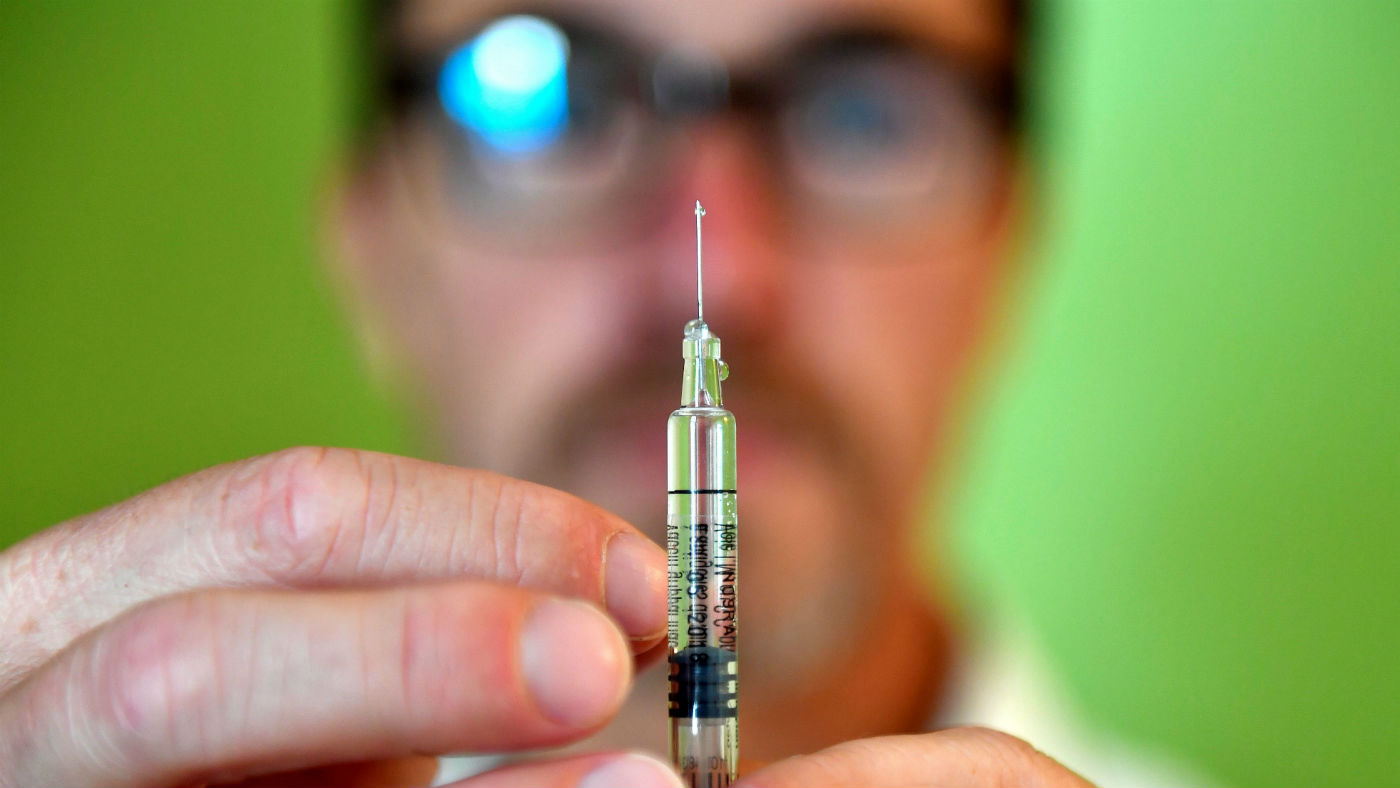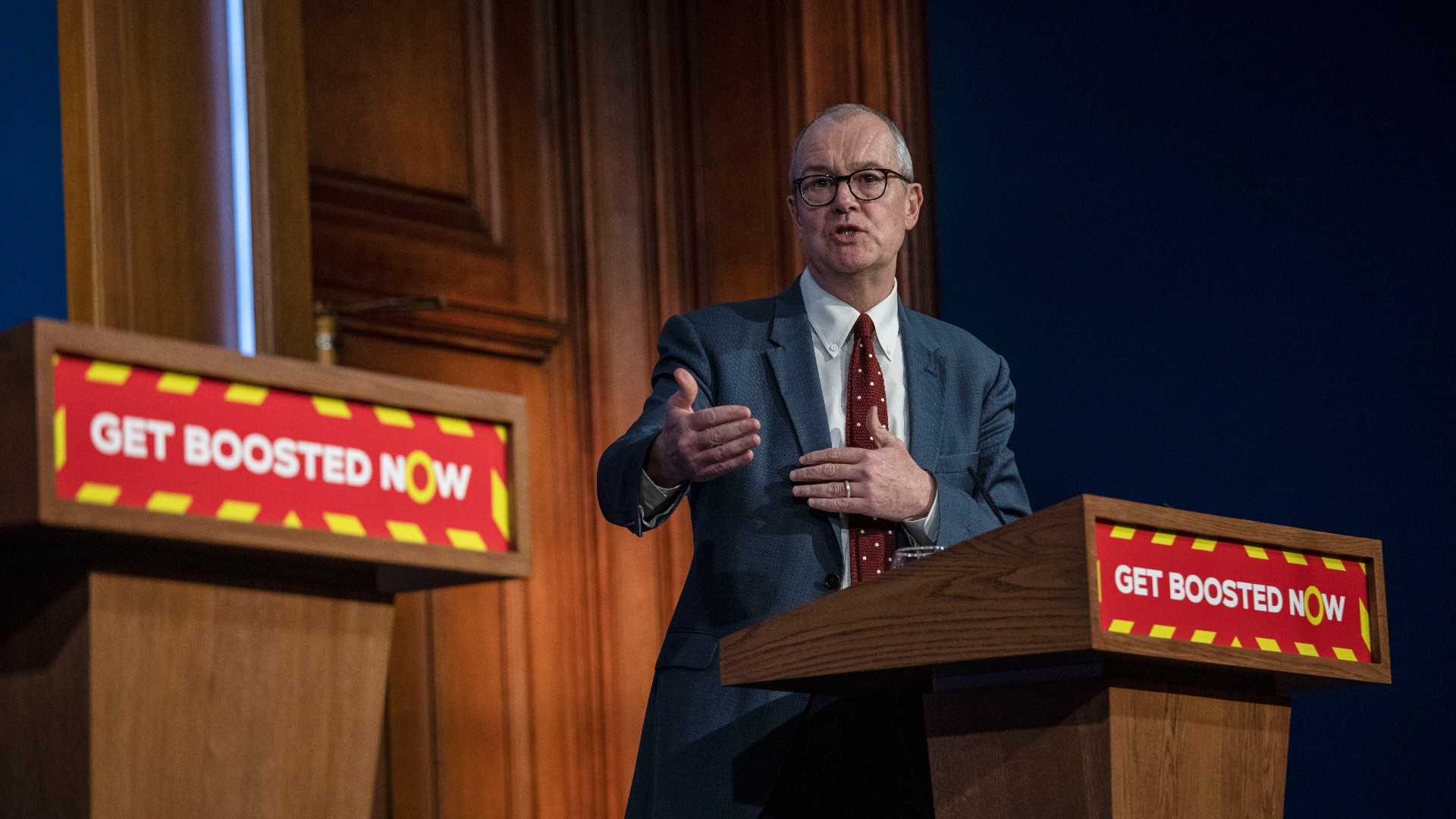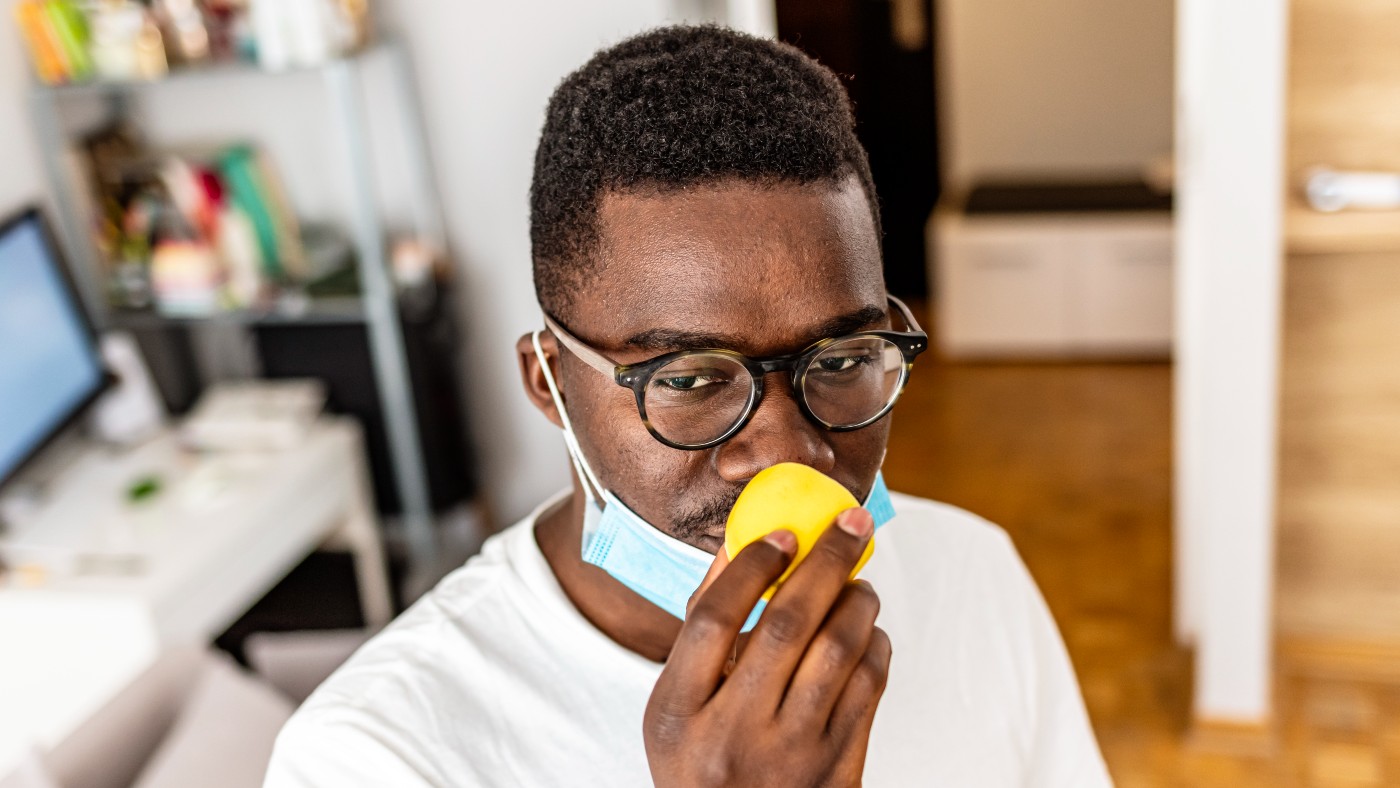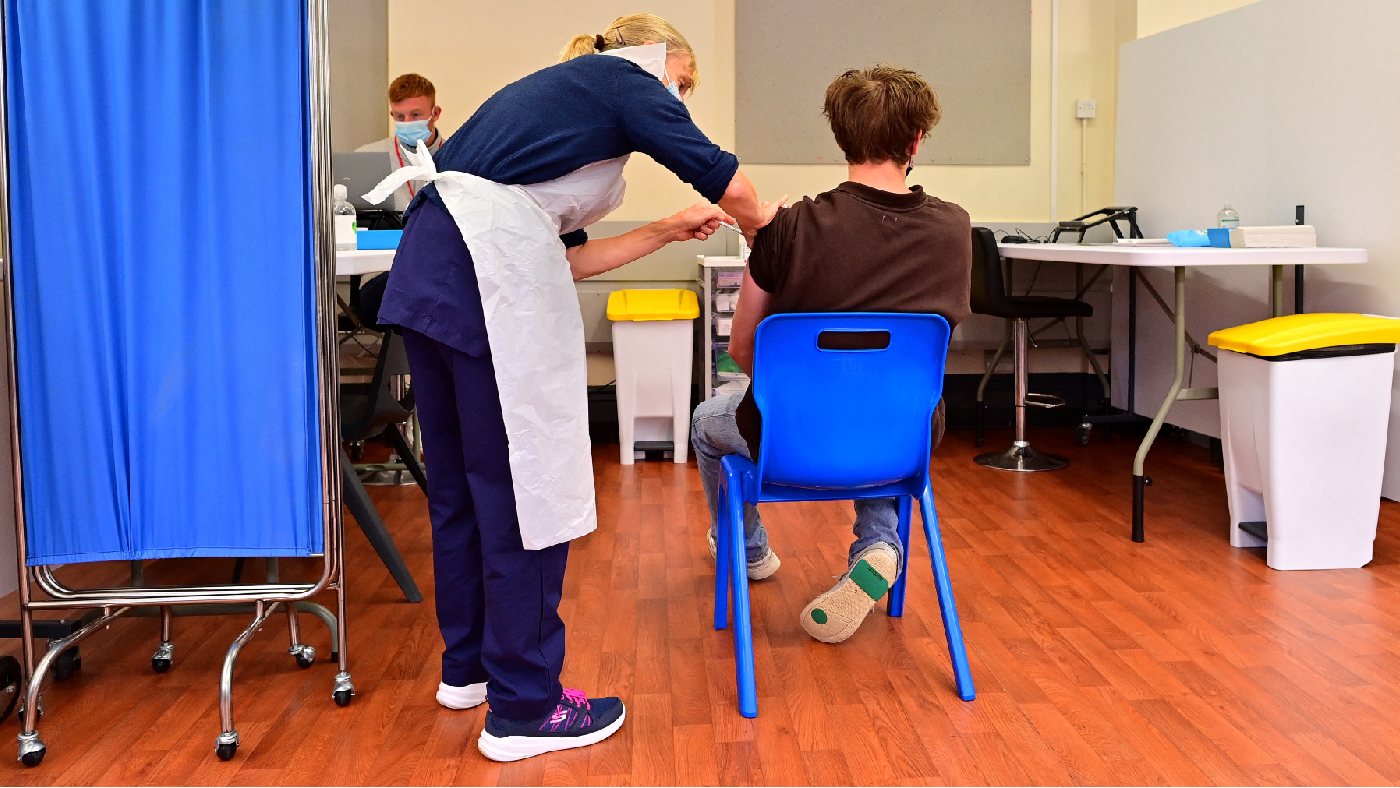One in five Britons won’t get Covid-19 vaccine amid ‘fears of side-effects’
Experts say findings of new study pose a ‘real worry’ for public health

A free daily email with the biggest news stories of the day – and the best features from TheWeek.com
You are now subscribed
Your newsletter sign-up was successful
One in five people in Britain are “unlikely” to accept a coronavirus vaccine when one becomes available, with adverse side-effects and the motivations of commercial providers cited amongst concerns.
University College London’s Covid-19 social study, which saw more than 70,000 participants surveyed, found that just 49% of UK residents would be “very likely” to allow the jab to be administered, The Guardian reports.
Funded by the Nuffield Foundation, the study is the largest probe of pandemic-related attitudes and behaviours to have been conducted and suggests “substantial levels of misinformation amongst the general public about vaccines”.
The Week
Escape your echo chamber. Get the facts behind the news, plus analysis from multiple perspectives.

Sign up for The Week's Free Newsletters
From our morning news briefing to a weekly Good News Newsletter, get the best of The Week delivered directly to your inbox.
From our morning news briefing to a weekly Good News Newsletter, get the best of The Week delivered directly to your inbox.
Out of the 22% of people that admitted they were unlikely to get inoculated, 10% suggested they were “very unlikely” to seek the jab.
Meanwhile, 7% of respondents were unsure of whether vaccines really did provide any protection, whilst 4% were convinced that vaccines were a con concocted by pharmaceutical companies. The study found that 38% said “natural immunity” was better than immunity from vaccines.
Daisy Fancourt, associate professor of psychobiology and epidemiology at UCL and lead author of the study, said: “Whilst the majority of people have said they are likely to get a Covid-19 vaccine once one is available, a worrying amount of respondents have said that not only will they not get the vaccine, but that they don’t believe vaccines work or worry about potential side-effects, concerns that lack any basis in fact.”
The Times reports a further 15% believed, to a greater or lesser extent, that vaccines did not work, whilst a quarter of people asserted that vaccines were used for “commercial profiteering”.
A free daily email with the biggest news stories of the day – and the best features from TheWeek.com
Researchers also revealed that more than half of the participants thought vaccines had “unforeseen side effects” whereas 30% were apprehensive about “future problems that had not yet been discovered”.
Fear of mandatory vaccination programmes has been a central fixture of anti-lockdown protests across the US and Europe, the Independent says.
Many demonstrators’ views often stem from conspiracy theories and falsehoods about the healthcare sector and scientific authorities.
Dr Doug Brown, chief executive of the British Society for Immunology, told The Guardian that access to “reliable, evidence-based information” would be critical to “promoting high uptake”, and urged the government to be “open and honest with people to explain the vaccine development process”.
Cheryl Lloyd, education programme head at the Nuffield Foundation, said the survey offers “valuable insights into public concerns about vaccinations”.
She added: “Given people’s reasons for distrust of vaccines, transparency about the scientific evidence and the role of commercial providers is likely to be a key factor in gaining public trust.”
-
 How the FCC’s ‘equal time’ rule works
How the FCC’s ‘equal time’ rule worksIn the Spotlight The law is at the heart of the Colbert-CBS conflict
-
 What is the endgame in the DHS shutdown?
What is the endgame in the DHS shutdown?Today’s Big Question Democrats want to rein in ICE’s immigration crackdown
-
 ‘Poor time management isn’t just an inconvenience’
‘Poor time management isn’t just an inconvenience’Instant Opinion Opinion, comment and editorials of the day
-
 The new Stratus Covid strain – and why it’s on the rise
The new Stratus Covid strain – and why it’s on the riseThe Explainer ‘No evidence’ new variant is more dangerous or that vaccines won’t work against it, say UK health experts
-
 Covid-19: what to know about UK's new Juno and Pirola variants
Covid-19: what to know about UK's new Juno and Pirola variantsin depth Rapidly spreading new JN.1 strain is 'yet another reminder that the pandemic is far from over'
-
 Vallance diaries: Boris Johnson 'bamboozled' by Covid science
Vallance diaries: Boris Johnson 'bamboozled' by Covid scienceSpeed Read Then PM struggled to get his head around key terms and stats, chief scientific advisor claims
-
 Good health news: seven surprising medical discoveries made in 2023
Good health news: seven surprising medical discoveries made in 2023In Depth A fingerprint test for cancer, a menopause patch and the shocking impacts of body odour are just a few of the developments made this year
-
 How serious a threat is new Omicron Covid variant XBB.1.5?
How serious a threat is new Omicron Covid variant XBB.1.5?feature The so-called Kraken strain can bind more tightly to ‘the doors the virus uses to enter our cells’
-
 Will new ‘bivalent booster’ head off a winter Covid wave?
Will new ‘bivalent booster’ head off a winter Covid wave?Today's Big Question The jab combines the original form of the Covid vaccine with a version tailored for Omicron
-
 Neanderthal gene ‘caused up to a million Covid deaths’
Neanderthal gene ‘caused up to a million Covid deaths’Speed Read Genetic tweak found in one in six Britons means cells in the lungs are slower to launch defences
-
 Can North Korea control a major Covid outbreak?
Can North Korea control a major Covid outbreak?feature Notoriously secretive state ‘on verge of catastrophe’